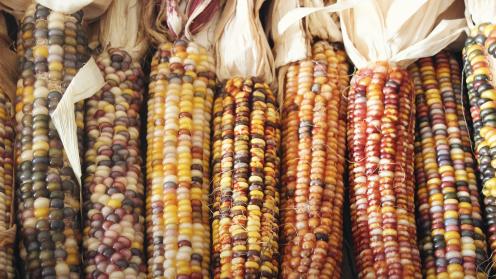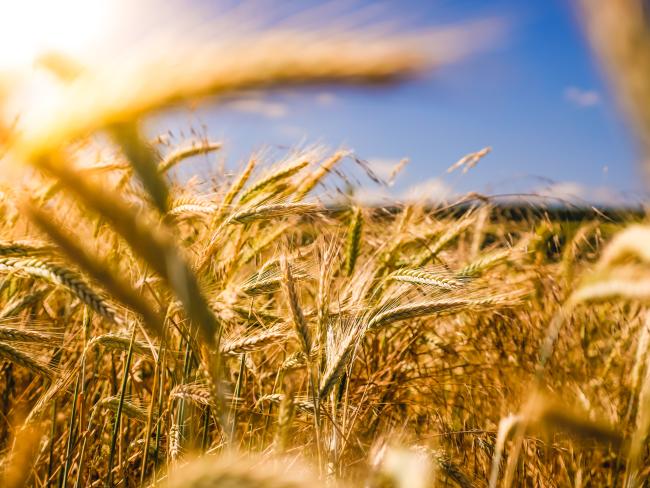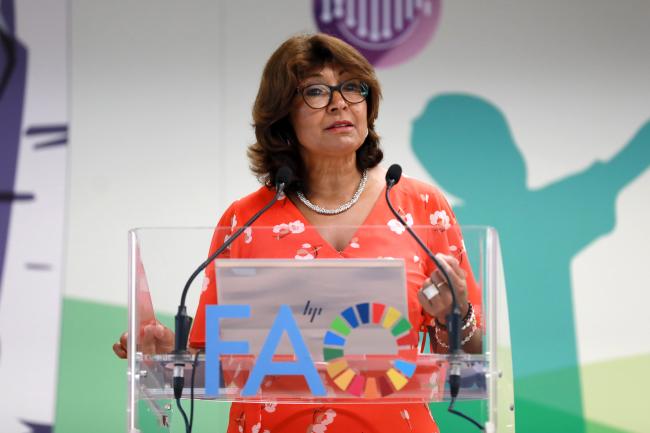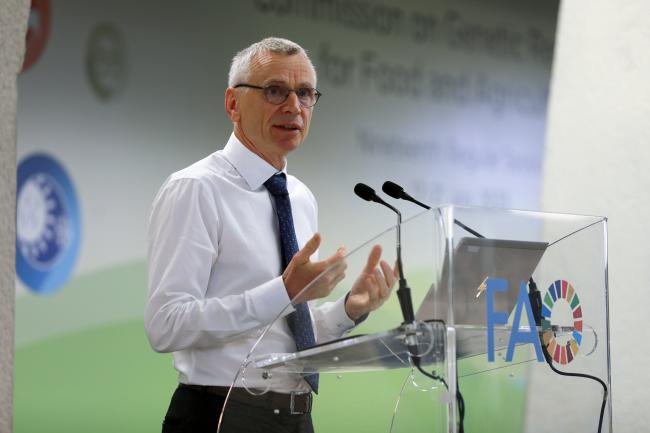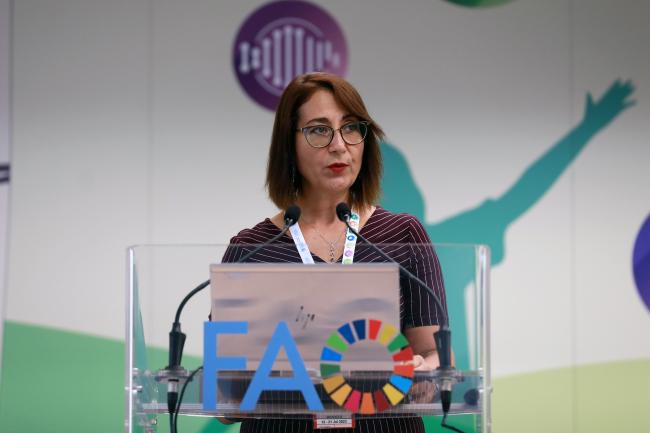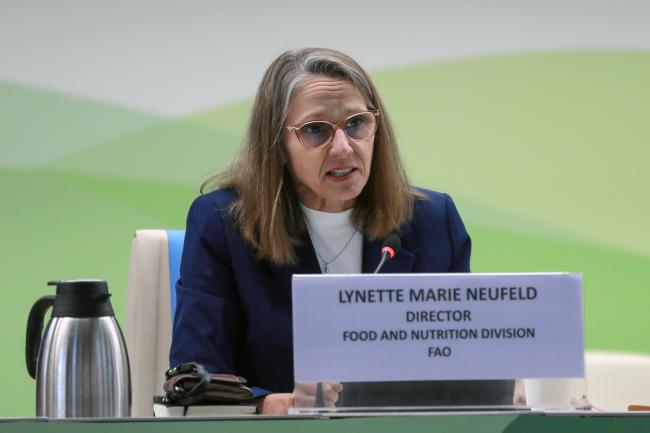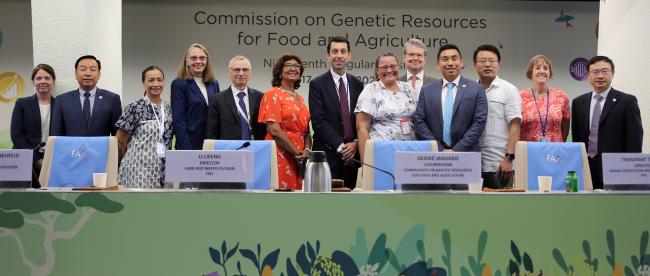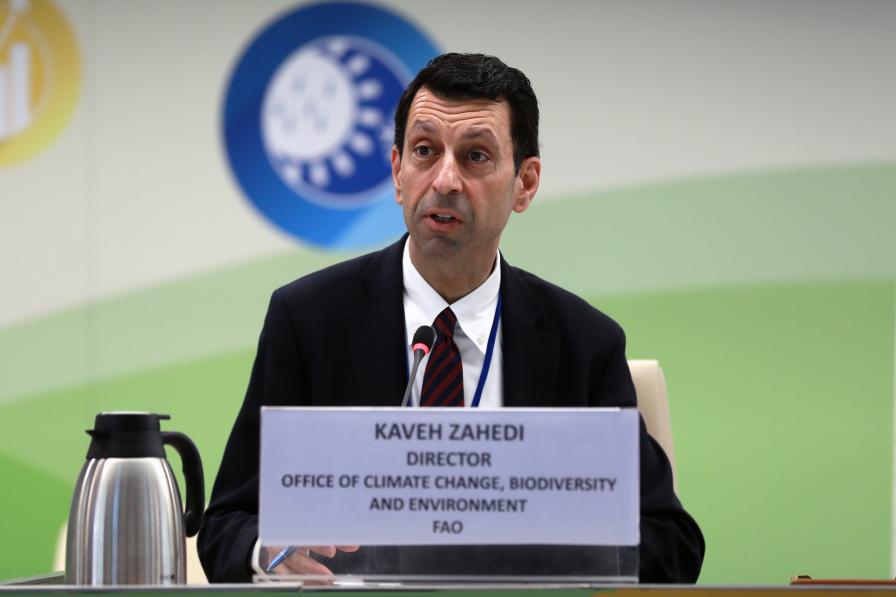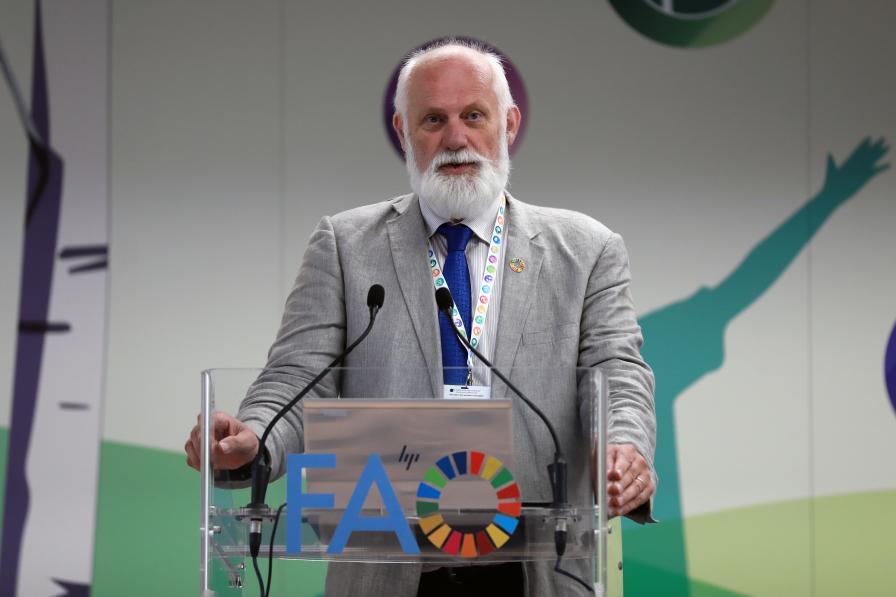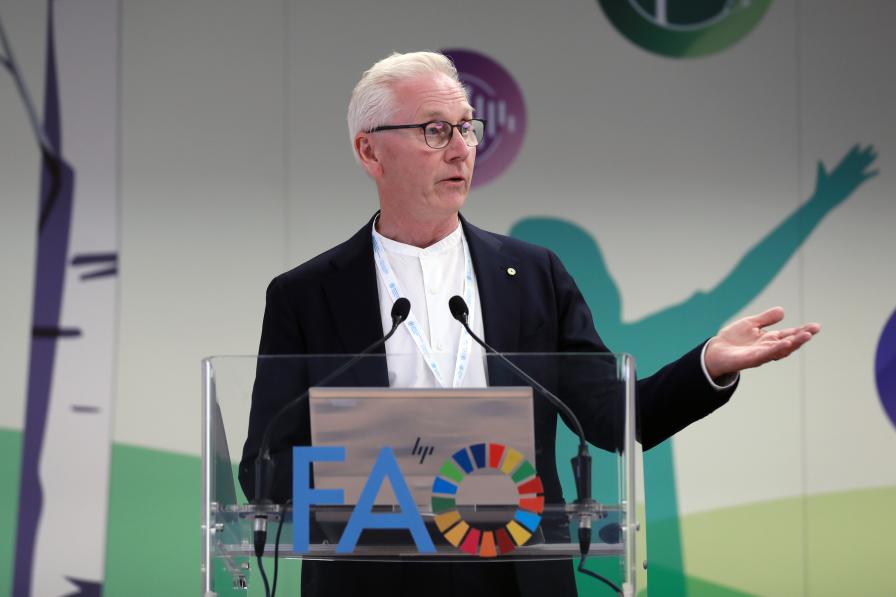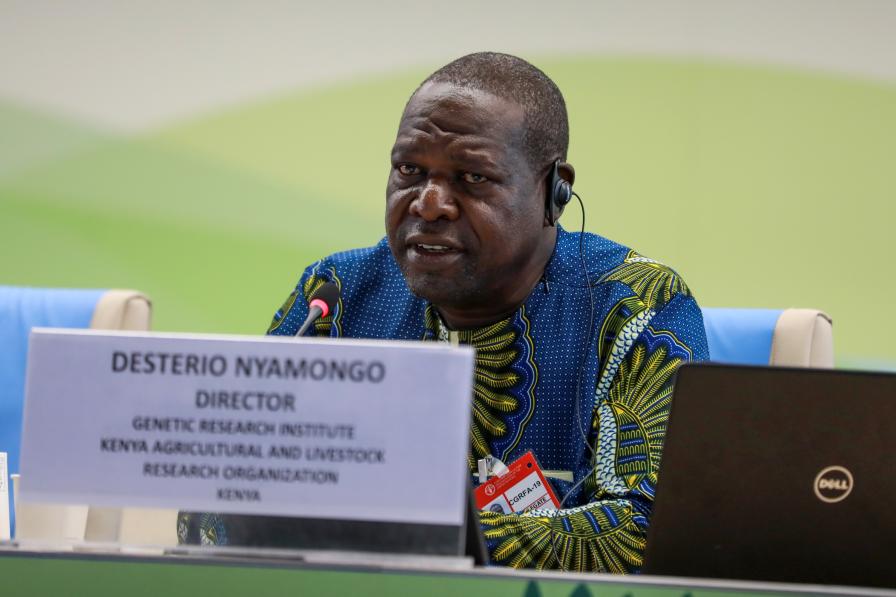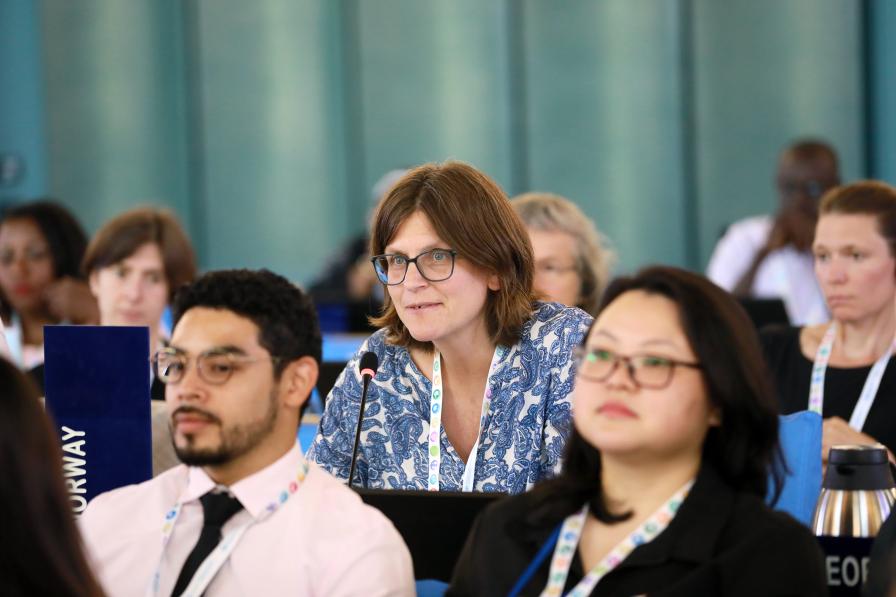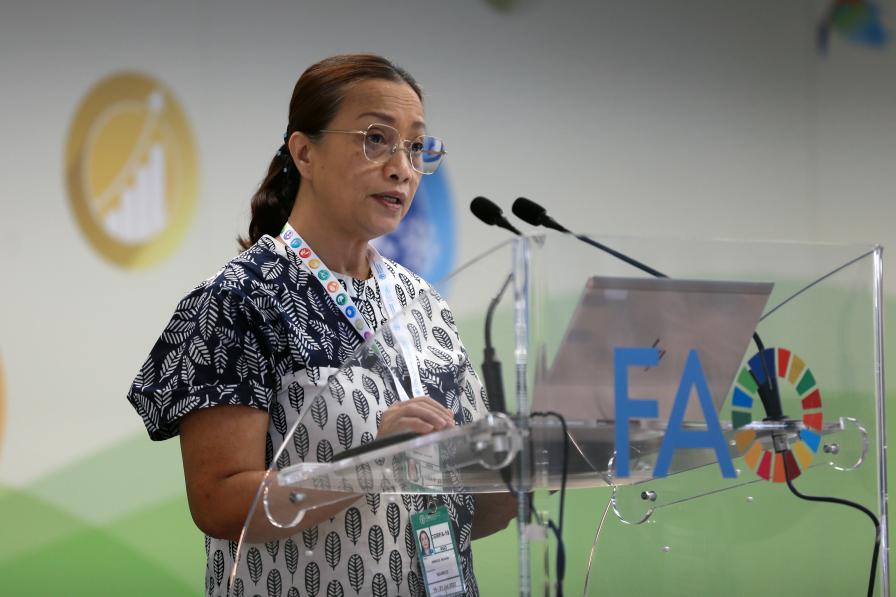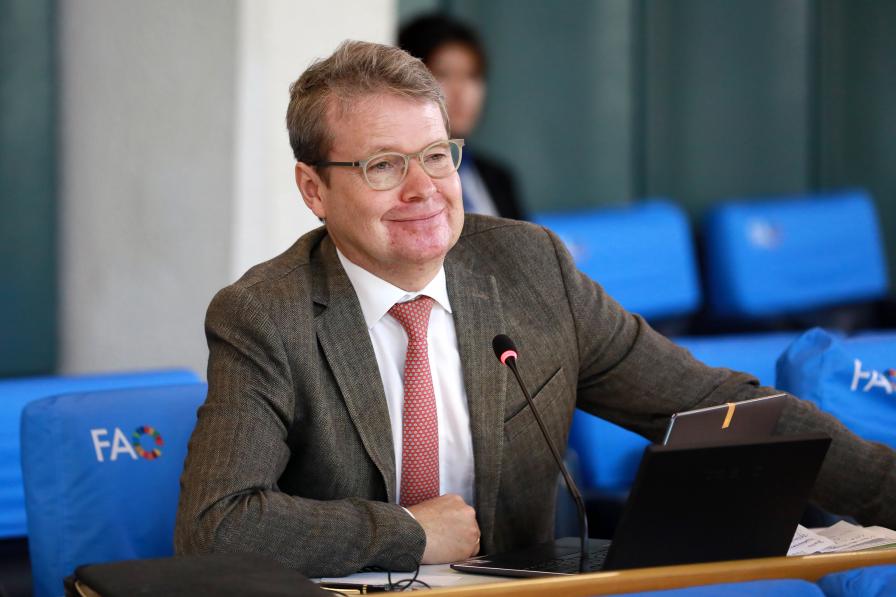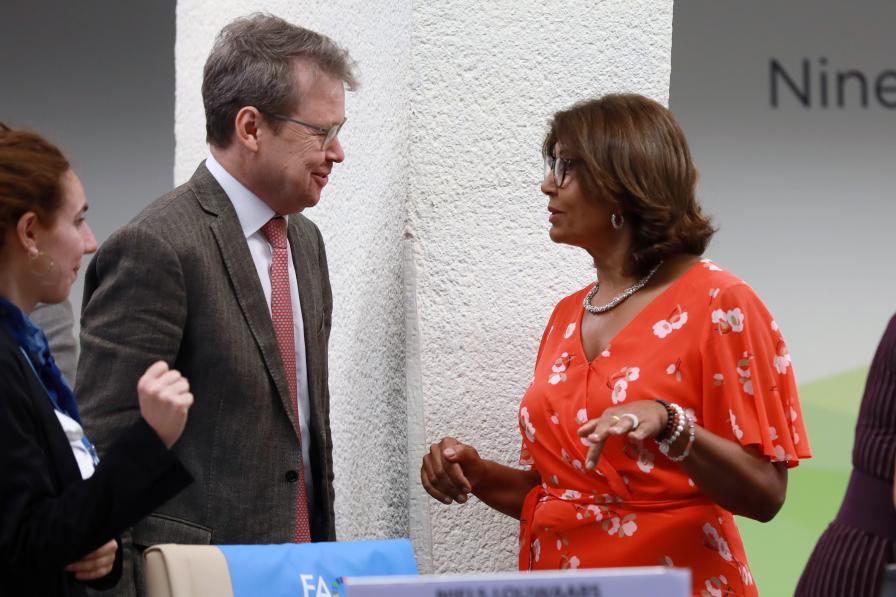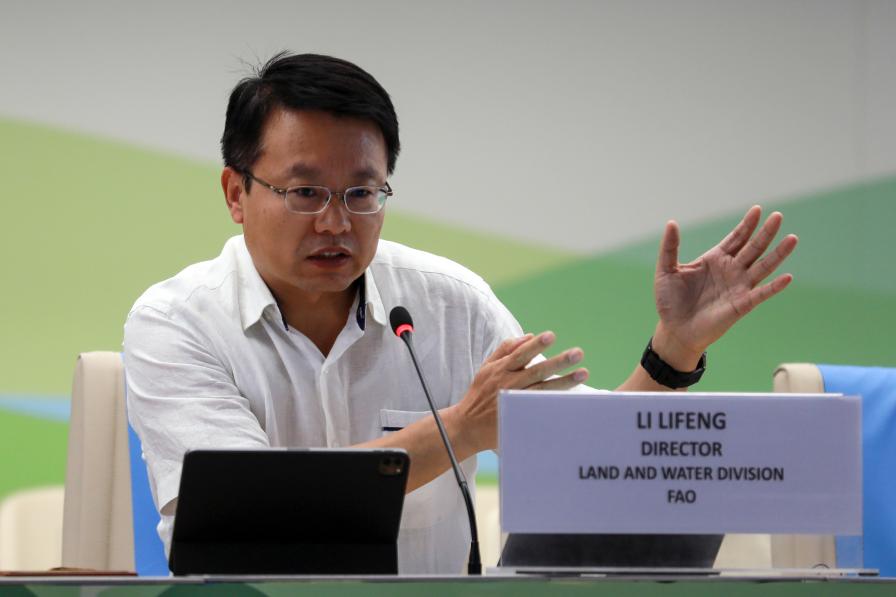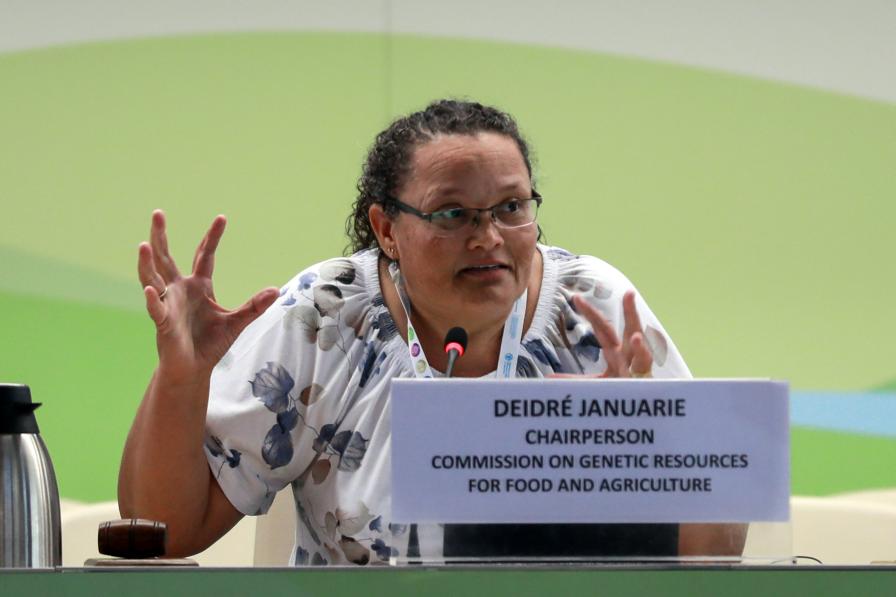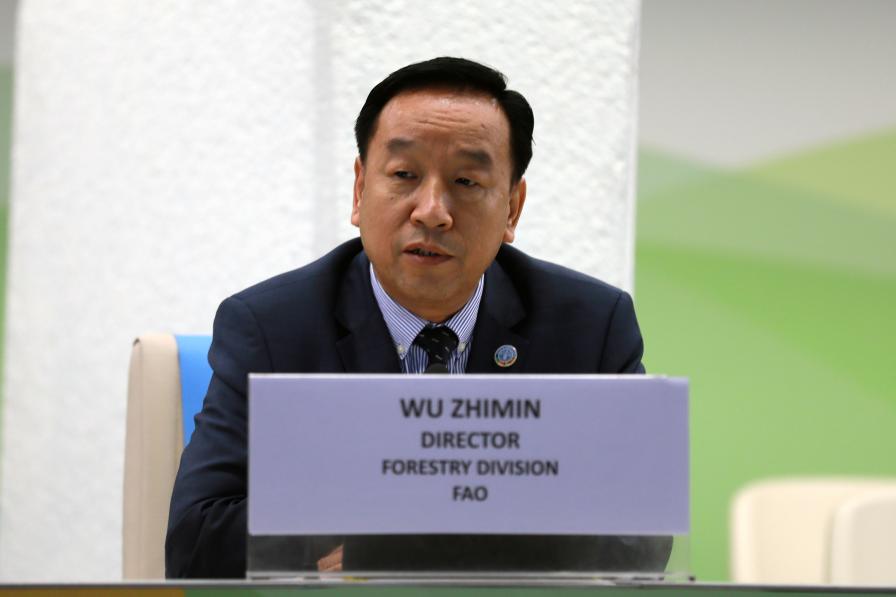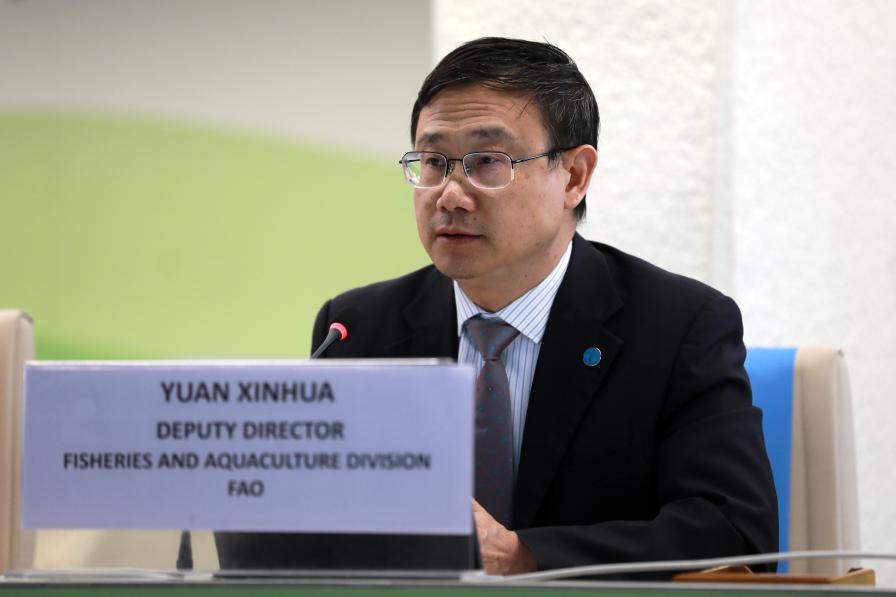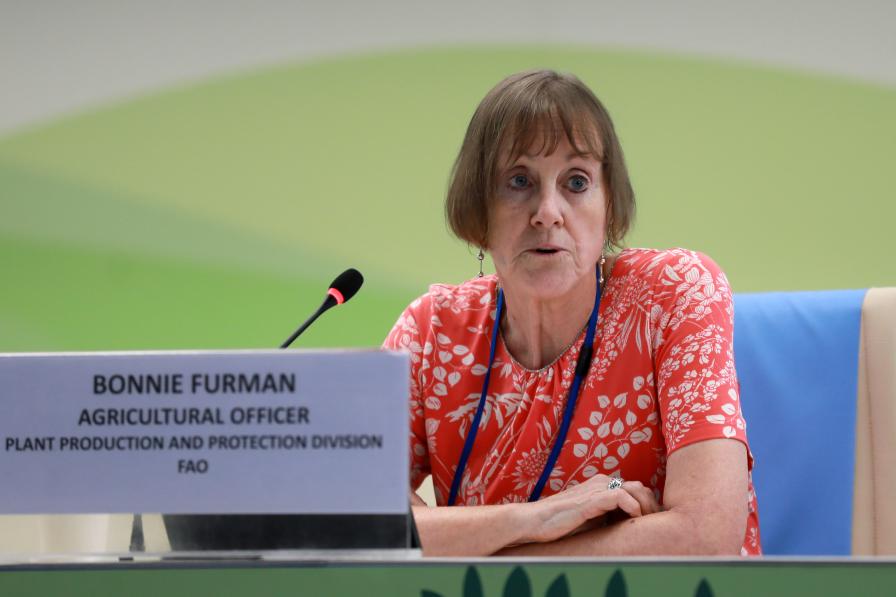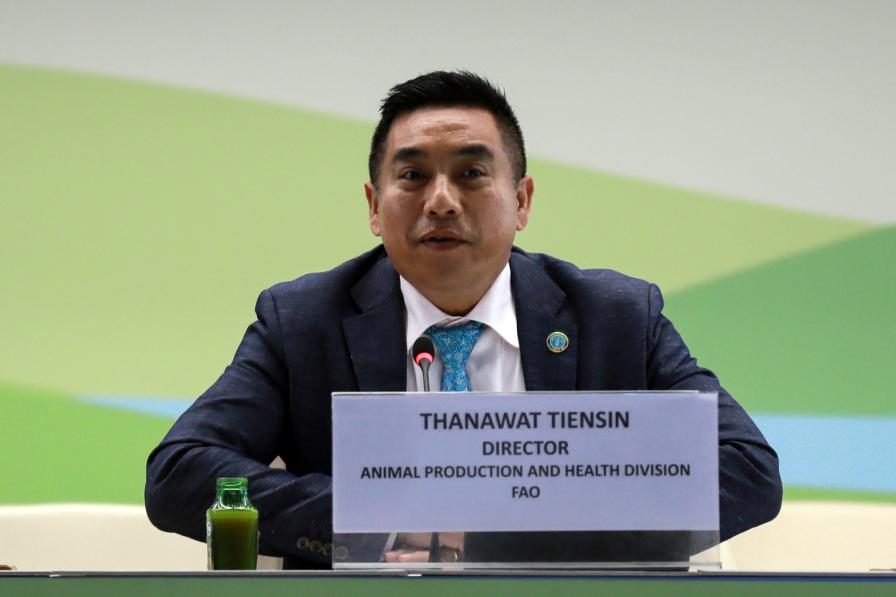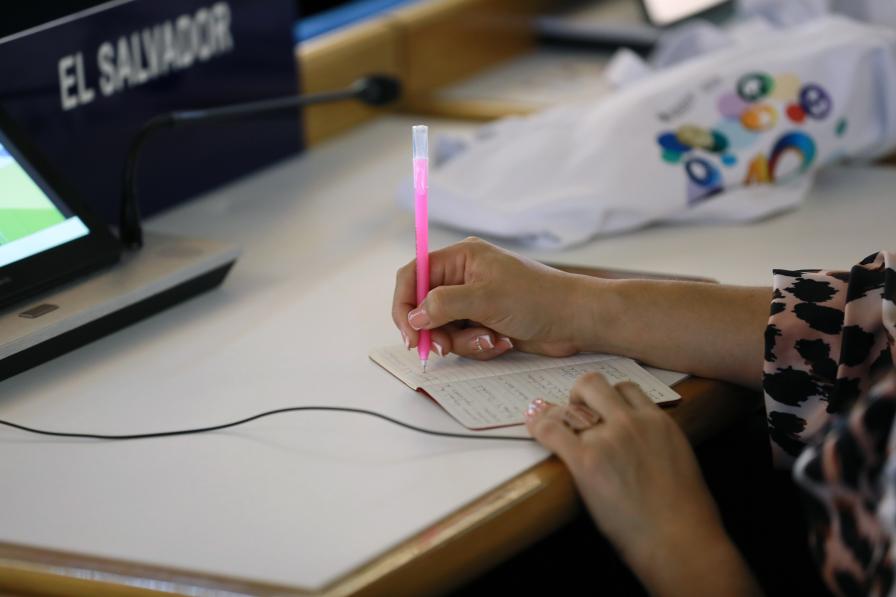On the occasion of its 40th anniversary and in the follow-up to the landmark Kunming-Montreal Global Biodiversity Framework (GBF), the Commission on Genetic Resources for Food and Agriculture (CGRFA) convened a Special Event under the theme, “Connecting the Dots.”
The event discussed, among others, potential entry points for connecting dots and accelerating implementation of the UN Food and Agricultural Organization (FAO) technical work on fisheries and aquaculture, forestry, plant production and protection, animal production and health and nutrition.
Want to dive deeper? Read the full Earth Negotiations Bulletin daily report.
In her opening remarks, Maria Helena Semedo, Deputy Director-General, FAO, highlighted the importance of all biodiversity, including pollinators and microbial soil organisms, to the agricultural sector and emphasized the need for an integrated approach in implementing the GBF. Semedo quoted the speech of Qu Dongyu, FAO Director-General, at the 2023 G20 Agriculture Ministers Meeting, “Agrifood systems must be part of the solution to the loss of biodiversity and the climate crisis facing our planet.”
Panel Session 1: Kunming-Montreal, Rome
This session, facilitated by Kaveh Zahedi, Director, Office of Climate Change, Biodiversity and Environment, FAO, explored linkages between the GBF and FAO’s work on Biodiversity for Food and Agriculture (BFA).
David Cooper, Acting Executive Secretary, Convention on Biological Diversity, said the GBF provides a major opportunity to enhance sustainable use of biodiversity to increase agricultural production, noting that the GBF’s Goal C on Sharing Genetic Resources is instrumental to CGRFA’s work on benefit-sharing of genetic resources, including on digital sequence information.
Yasmina El Bahloul, Chairperson, International Treaty on Plant Genetic Resources for Food and Agriculture (ITPGRFA) Governing Body, reported that the tenth session of the Governing Body of the ITPGRFA to be held in November 2023, will discuss the GBF and its contributions to PGRFA.
Jens Weibull, Senior Officer, Swedish Board of Agriculture, Sweden, reported that the Framework for Action on BFA has spurred coherent and consistent action in response to the 2019 State of the World’s Biodiversity for Food and Agriculture report.
Julie Bélanger, Natural Resources Officer, Biodiversity Mainstreaming Unit, FAO, reported that almost half of the 182 deliverables of the 2021-2023 Action Plan under the FAO Strategy on Mainstreaming Biodiversity across Agricultural Sectors have been successfully completed.
Presenting a private sector perspective, Niels Louwaars, Managing Director, Plantum, Netherlands, noted that private breeders are major contributors to seed banks and voiced concern over climate change’s impact on conservation strategies.
Normita Ignacio, Executive Director, Southeast Regional Initiatives for Community Empowerment (SEARICE), underlined that small-holder farmers have historically been the main stewards of agricultural biodiversity and argued for a rights-based approach to BFA.
Panel Session 2: Sectoral Solutions and Accelerators for Genetic Resources for Food and Agriculture
This session, facilitated by Deidré Januarie, Chair, CGRFA, discussed linkages of FAO divisions with the Commission’s work.
Zhimin Wu, Director, Forestry Division, FAO, noted that sustainable forest management depends on the conservation of genetic diversity of forest species.
Lynnette Marie Neufeld, Director, Food and Nutrition Division, FAO, emphasized the role of BFA, noting that “we can fill bellies and feed the world, but we can never nourish the world without biodiversity.”
Bonnie Furman, Agricultural Officer, Plant Production and Protection Division, FAO, encouraged countries to set up gene banks, to ensure that genetic resources are well documented, maintained, and accessible.
Thanawat Tiensin, Director, Animal Production and Health Division, FAO, highlighted that the diversity of the animal sector relies on plant diversity in order to provide nutritious food such as meat, eggs and milk.
Lifeng Li, Director, Land and Water Division, FAO, noted that soil and land erosion are a global challenge impacting on food production, adding that soils are home to 40% of terrestrial biodiversity.
Xinhua Yuan, Fisheries and Aquaculture Division, FAO, explained the crucial need for more data to reap the benefits of aquatic genetic resources for food security and coastal development.
In his closing remarks, Kaveh Zahedi, reiterated FAO’s commitment to mainstreaming biodiversity across agricultural sectors and implementing the diversity of treaties, strategies, and frameworks dealing with BFA.
To receive free coverage of global environmental events delivered to your inbox, subscribe to the ENB Update newsletter.
All ENB photos are free to use with attribution. For the 19th Session of the UN FAO Commission on Genetic Resources for Food and Agriculture, please use: Photo by IISD/ENB | Mike Muzurakis.
